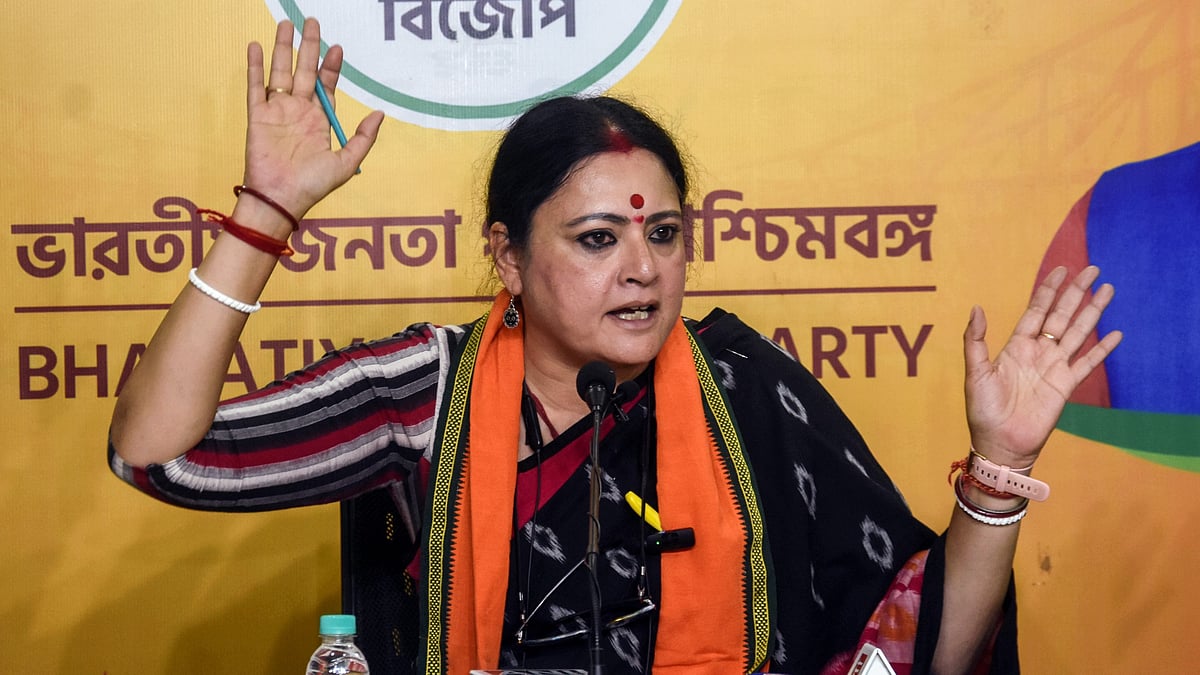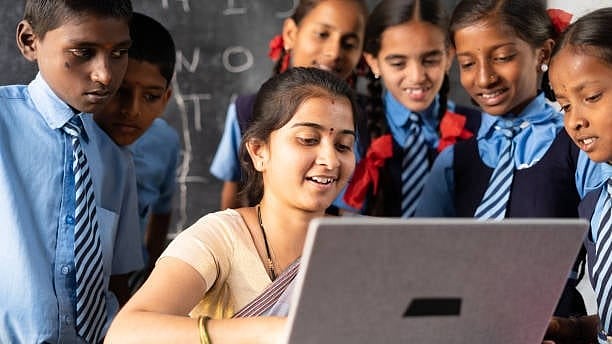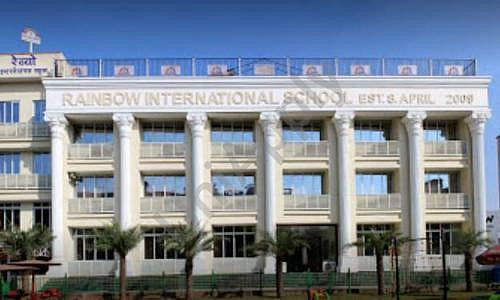The Twipra Students’ Federation (TSF) on Sunday said it would extend support to the call for an indefinite road-rail blockade in Tripura from Feb 12, demanding that students be allowed to write Kokborok language papers in the Roman script.
The Tipra Indigenous Students' Federation (TISF), a students’ wing of Tipra Motha, the state’s main opposition party, had given the call for the agitation.
Kokborok, an indigenous language spoken by nearly 24% of the people of the northeastern state, does not have a script. Students generally write papers for the language in the Bengali script.
"We will fully support the proposed rail-road blockade. The TSF has submitted a memorandum to the Tripura Board of Secondary Education (TBSE), urging it to allow students to write Kokborok papers in the Roman script.
“Since there is no communication from the board till now, we have decided to support the movement of TISF,” TSF secretary Samrat Debbarma told reporters.
TISF secretary Sajra Debbarma said the students' body will put up blockades on railway tracks and roads in different locations of the state to press for their demand.
“We have given deputations to the TBSE authority twice... But so far, we have not received any positive response. This has prompted us to go for a mass movement,” he said.
"During the agitation, only ambulances, milk vans and marriage parties will be allowed to get past the blockade spots. We will not allow any student to pass through. The movement will continue till our demand is met,” he added.
The ruling BJP has strongly opposed the rail-road blockade for an indefinite period.
"It is not wise to play politics with the future of students,” the party's chief spokesperson Subrata Chakraborty said.
Meanwhile, CPI(M) state secretary Jitendra Choudhury claimed that it suspects the hand of the RSS in “forcing students to use Bengali script for Kokborok papers” in the upcoming Class 10 and 12 board examinations from Mar 1.
A senior police officer said around 2,000 security personnel will be deployed to ensure smooth movement of traffic in the wake of the blockade call.










